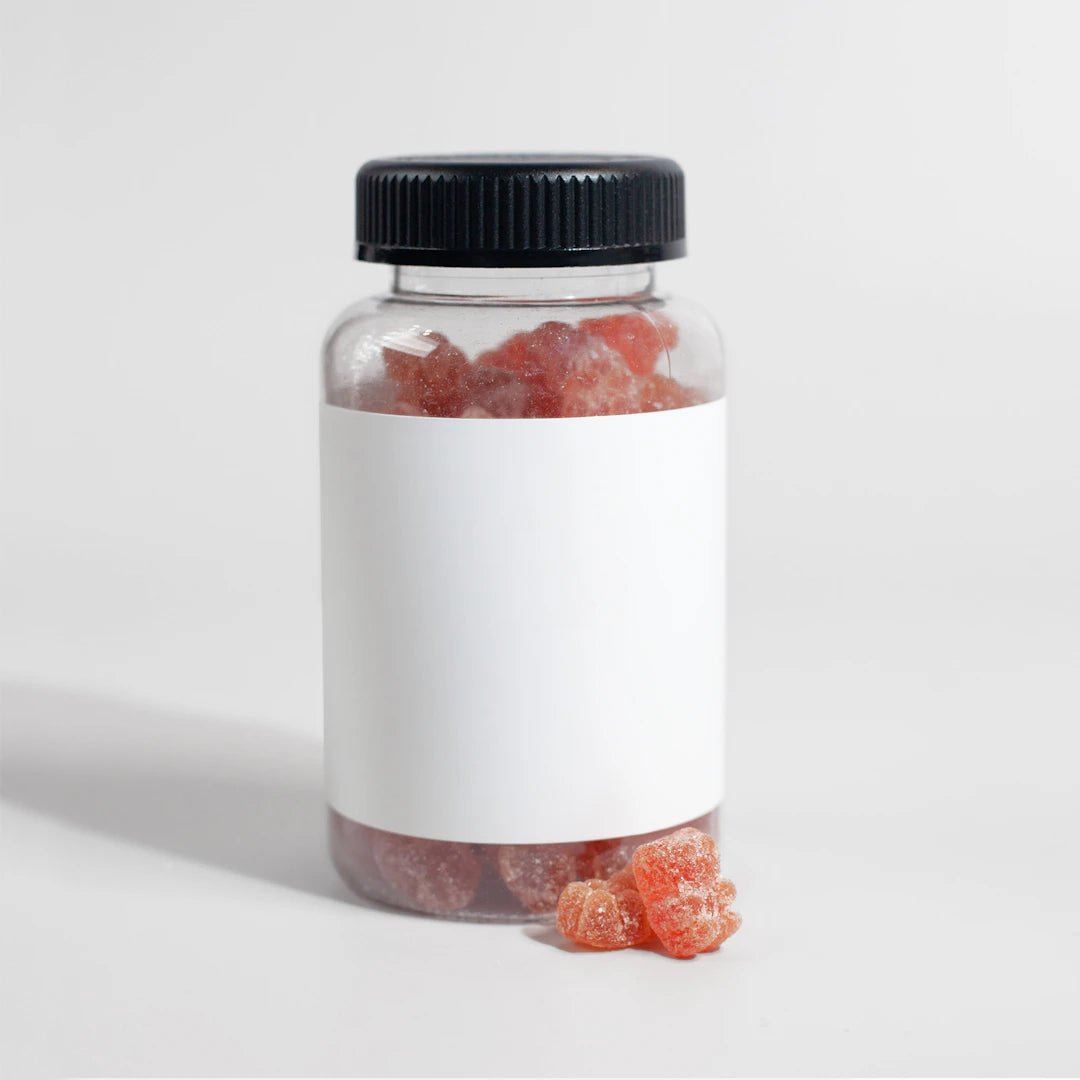
Unraveling the Mystery: Fat-Soluble vs. Water-Soluble Vitamins
When it comes to nutrition, vitamins play a crucial role in maintaining our overall health. They are essential for various bodily functions and cannot be synthesised by the body, which means we must obtain them from our diet or supplements. However, not all vitamins are created equal. They can be classified into two categories: fat-soluble and water-soluble vitamins. Understanding the differences between these two types is vital for optimising your intake and ensuring that you are reaping the benefits of these essential nutrients. In this article, we will delve into the characteristics, sources, and importance of both fat-soluble and water-soluble vitamins, and how they contribute to a well-rounded diet.
Defining Fat-Soluble Vitamins
Fat-soluble vitamins are the nutrients that dissolve in fats and oils. This allows them to be stored in the body's fatty tissues and liver for later use. The primary fat-soluble vitamins include:
- Vitamin A
- Vitamin D
- Vitamin E
- Vitamin K
These vitamins are best absorbed when consumed with dietary fat, making it crucial to include healthy fats in your meals. This characteristic of fat-soluble vitamins explains why they can accumulate in the body, potentially leading to toxicity if consumed in excessive amounts.
Sources of Fat-Soluble Vitamins
Understanding where to find fat-soluble vitamins can help you incorporate them into your diet effectively. Here are some natural sources:
- Vitamin A: Found in liver, fish liver oil, carrots, sweet potatoes, and leafy greens.
- Vitamin D: Obtained from sunlight exposure, fortified foods, fatty fish, and egg yolks.
- Vitamin E: Present in nuts, seeds, vegetable oils, and leafy greens.
- Vitamin K: Located in green leafy vegetables, such as kale and spinach, as well as in fermented foods.
Understanding Water-Soluble Vitamins
Unlike fat-soluble vitamins, water-soluble vitamins dissolve in water. This group primarily includes the B-complex vitamins and vitamin C. Because they are not stored in the body, excess amounts are typically excreted through urine, making regular intake necessary. The major water-soluble vitamins are:
- Vitamin B1 (Thiamine)
- Vitamin B2 (Riboflavin)
- Vitamin B3 (Niacin)
- Vitamin B5 (Pantothenic Acid)
- Vitamin B6 (Pyridoxine)
- Vitamin B7 (Biotin)
- Vitamin B9 (Folate)
- Vitamin B12 (Cobalamin)
- Vitamin C (Ascorbic Acid)
Because these vitamins are readily available in a variety of foods, it's easier to meet daily requirements without the risk of toxicity.
Sources of Water-Soluble Vitamins
To ensure you are getting enough of these essential vitamins, consider incorporating the following foods into your diet:

- B1 (Thiamine): Found in whole grains, legumes, nuts, and seeds.
- B2 (Riboflavin): Present in eggs, dairy products, green vegetables, and fortified cereals.
- B3 (Niacin): Found in meat, fish, poultry, and whole grains.
- B5 (Pantothenic Acid): Present in a wide variety of foods including avocados, broccoli, and seafood.
- B6 (Pyridoxine): Found in chicken, fish, bananas, and potatoes.
- B7 (Biotin): Present in eggs, nuts, and some dairy products.
- B9 (Folate): Abundant in leafy greens, beans, peas, and fortified grains.
- B12 (Cobalamin): Found in animal products such as meat, fish, and dairy.
- C (Ascorbic Acid): Present in citrus fruits, strawberries, bell peppers, and broccoli.
The Importance of Vitamins for Your Health
Both fat-soluble and water-soluble vitamins are integral to maintaining optimal health. The following highlights their critical roles:
Fat-Soluble Vitamins
Fat-soluble vitamins serve several vital functions, including:
- Vitamin A: Supports eye health, immune function, and skin health.
- Vitamin D: Essential for calcium absorption, bone health, and immune system regulation.
- Vitamin E: Acts as an antioxidant, protecting cells from oxidative damage.
- Vitamin K: Crucial for blood clotting and bone health.
Water-Soluble Vitamins
Water-soluble vitamins also perform important functions, such as:
- B Vitamins: Support energy metabolism, brain health, and red blood cell formation. Notably, B12 plays a pivotal role in the formation of red blood cells and can be a great natural iron source when included in a balanced diet.
- Vitamin C: Functions as an antioxidant, aids in collagen production, and boosts the immune system.
Balancing Your Vitamin Intake
To achieve a balanced vitamin intake, consider the following strategies:
- Diverse Diet: Strive for a well-rounded diet that includes a variety of fruits, vegetables, whole grains, proteins, and healthy fats. This approach ensures that you receive both fat-soluble and water-soluble vitamins.
- Consider Supplementation: If you struggle to meet your vitamin needs through diet alone, consider natural supplements. However, it is essential to consult with a healthcare professional before starting any new supplement regimen.
- Food Pairing: When consuming fat-soluble vitamins, combine them with healthy fats to enhance absorption. For instance, enjoy spinach (rich in vitamin K) with olive oil or avocado for maximum benefits.
Are You Getting Enough Vitamins?
It can often be challenging to determine if you are consuming adequate vitamins. Here are some signs you may be lacking vitamins:
- Fatigue or low energy levels
- Frequent infections or illnesses
- Unexplained hair loss or dry skin
- Changes in mood or cognitive function
If you experience any of these symptoms, it may be worth evaluating your diet or consulting a healthcare professional for guidance. Customising your approach to vitamins can help enhance your physical and mental well-being.
Final Thoughts: Your Path to a Healthier You
Understanding the difference between fat-soluble and water-soluble vitamins is crucial in shaping a healthy diet. By knowing the sources and functions of each vitamin type, you can make informed dietary choices that support your health goals. Whether you aim to improve energy levels, strengthen your immune system, or promote better skin health, a careful balance of vitamins is key. Remember, incorporating a variety of nutrient-rich foods into your meals is the best way to harness the benefits of both fat-soluble and water-soluble vitamins. So, why wait? Start adding some colourful foods to your plate today and embark on your journey to radiant health!



